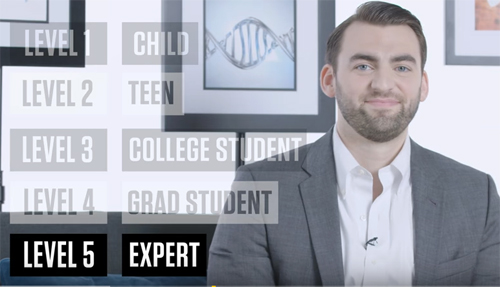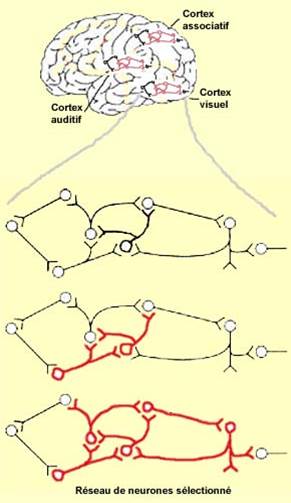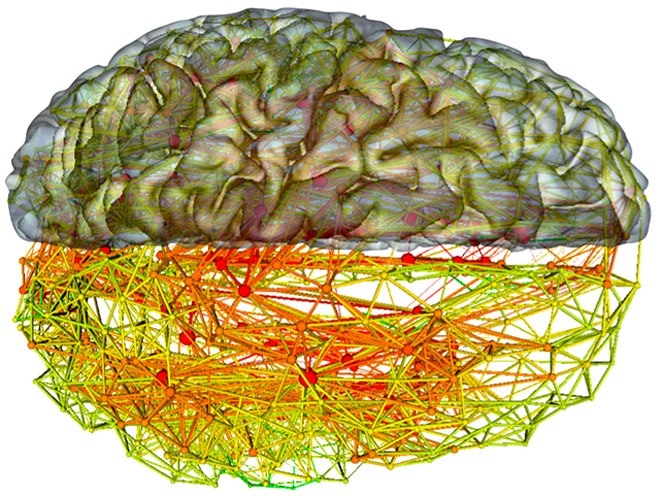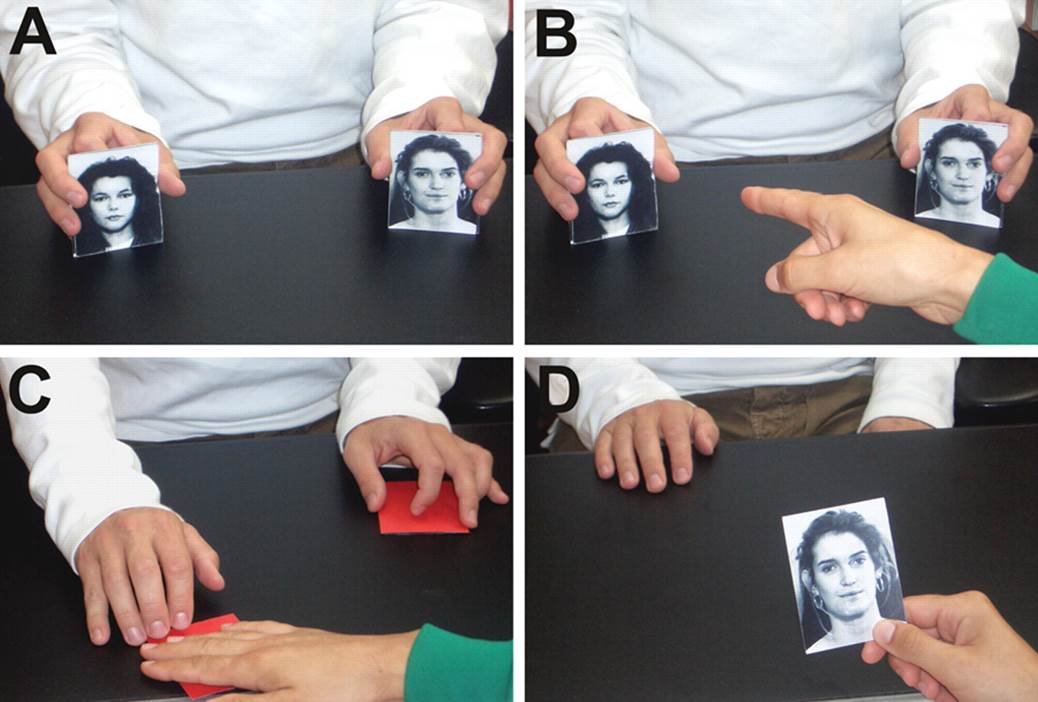Wednesday, 4 July 2018
Explaining Science Not at Three Levels But at Five
 This week I’d like to draw your attention to a series of videos that the U.S. magazine Wired published on YouTube in spring 2017. In each episode of this series, an expert in a particular scientific field explain a complex concept in that field to five different people: a 5-year-old, a teenager, a college student, a graduate student and a colleague who is also an expert in that field. Thus you watch the expert explain the same concept five times—from the simplest possible explanation for the 5-year-old to a high-level discussion with the colleague. This is a highly original teaching approach that you don’t see very often, except on some websites where you can drill down from a simpler explanation to a second, more advanced one, or on a certain website about the human brain that provides three levels of explanation at five levels of organization (and whose author clearly must be obsessed with levels, probably because he read too much Laborit in his youth ;-P ).
This week I’d like to draw your attention to a series of videos that the U.S. magazine Wired published on YouTube in spring 2017. In each episode of this series, an expert in a particular scientific field explain a complex concept in that field to five different people: a 5-year-old, a teenager, a college student, a graduate student and a colleague who is also an expert in that field. Thus you watch the expert explain the same concept five times—from the simplest possible explanation for the 5-year-old to a high-level discussion with the colleague. This is a highly original teaching approach that you don’t see very often, except on some websites where you can drill down from a simpler explanation to a second, more advanced one, or on a certain website about the human brain that provides three levels of explanation at five levels of organization (and whose author clearly must be obsessed with levels, probably because he read too much Laborit in his youth ;-P ).
So you can understand why I couldn’t resist telling you about this web series, especially since one of the episodes deals with the connectome, a neuroscientific research topic that I have discussed previously in this blog and also teach in some of the courses that I give in French in Montreal. (more…)
From the Simple to the Complex | Comments Closed
Tuesday, 12 June 2018
We Are Blind to Many of the Reasons for Our Conscious Choices
In a study that they conducted in 2005, entitled “Failure to detect mismatches between intention and outcome in a simple decision task”, Lars Hall and Peter Johansson uncovered a spectacular phenomenon. In this experiment, the researchers showed their subjects pairs of cards with pictures of two different people’s faces and asked their subjects to pick whichever of the two people they found more attractive. Once a subject had made this choice, the experimenter took back the cards and then, using a little sleight of hand, gave the subject back the card that he or she had not chosen and asked what it was about the person pictured that made them more attractive. Over 80% of the subjects failed to notice that they had been given the wrong card and actually provided the kind of verbal explanation requested—that it was the expressiveness of the person’s eyes or the overall harmoniousness of their features, or what have you. (more…)
From Thought to Language | Comments Closed
Tuesday, 29 May 2018
What Chaos Physics Tells Us About the Dynamic Brain

Once upon a time, not that long ago in the history of neuroscience, the chaotic aspect of all of the brain’s neuronal oscillations was regarded as mere “background” noise. But that time is now past. The temporal dimension of brain activity, as expressed in cerebral rhythms, and the associated synchronization of neural activity, is now central to research in such complex areas as sleep and consciousness. Much of our current understanding of how the dynamic activity of the human brain can be chaotic and yet meaningful is owed to the pioneering research of Walter J. Freeman. (more…)
From the Simple to the Complex | Comments Closed
Tuesday, 15 May 2018
Memory Engrams: The Physical Traces of Memories in Your Brain

In 1923, German biologist Richard Semon proposed the engram theory of memory. According to this theory, when a person experiences something, a set of selected stimuli from this experience activates entire populations of neurons in that person’s brain, thus inducing lasting chemical and physical changes in their connections. These changes are known as the engram. Each of the assemblies of neurons thus selected thereby contributes to the storage of the memory.
As we shall see in a moment, this was a visionary concept, but Semon’s theory was almost completely ignored until the 1970s, when an article by Daniel Schacter, James Eich, and Endel Tulving brought it back into the scientific discussion. (more…)
Memory and the Brain | Comments Closed
Tuesday, 1 May 2018
Limitations of Brain Mapping
 With the use of tracers, dyes and modern brain-imaging technology, it is now possible to produce maps of the human brain. But why would we want to do so? Simply because our cognitive functions emerge from interactions among numerous parts of the brain, in many cases physically quite distant from one another. If we can map the neural highways that form the various networks in our brains, or better still, understand which are the preferred highways for use in particular situations, we can learn a lot about how we go about talking, thinking and behaving.
With the use of tracers, dyes and modern brain-imaging technology, it is now possible to produce maps of the human brain. But why would we want to do so? Simply because our cognitive functions emerge from interactions among numerous parts of the brain, in many cases physically quite distant from one another. If we can map the neural highways that form the various networks in our brains, or better still, understand which are the preferred highways for use in particular situations, we can learn a lot about how we go about talking, thinking and behaving.
But because the brain is so complex, brain mapping involves many problems and is subject to some major limitations. In this post I will discuss just two of these problems and a few limitations inherent in efforts to map the “connectome”—to prepare a map of all the nerve bundles connecting the neurons to one another in a given brain. (more…)
From the Simple to the Complex | Comments Closed








